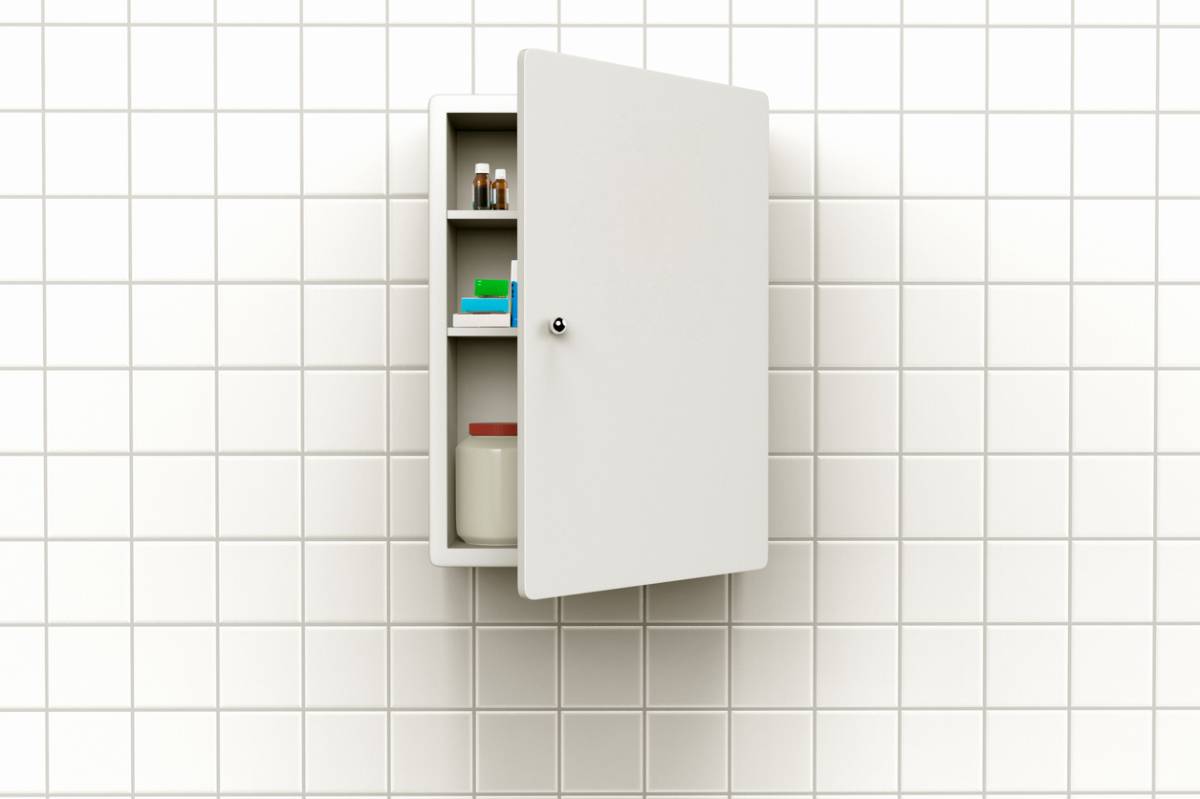Safety is of the utmost importance when it comes to medications. This is especially true if there are children in your home. Children can easily get into anything if left alone even for just a few minutes. Children’s love for exploration can be great in terms of development, but it can also be harmful without certain safety measures in place. Below you will find a helpful medication safety guide to ensure children are safe in your home.
Medication Safety Guide for Your Home
Ingesting medicines is the leading cause of child poisoning. Focus on childproofing your home to keep it safe.
Consider All Medicines:
It’s easy to forget that there are more medicines than just your prescriptions. Think about all of the medicines you have, including over-the-counter products. Things like vitamins, creams, and even mouthwash can all be harmful and cause negative reactions. Consider putting all of your medicines in the same place so you don’t miss any and risk your children getting into them.
Organize and Store Medicines Properly:
You may notice that you have a lot of medicines after you gather them all up (as suggested above). Try and put them all in one place out of reach of your children. If they are starting to climb, consider putting them even higher. You may have medicines that you use every day, such as vitamins, or others that require refrigeration. Keep your medicine in the least number of places as possible. Despite the possible inconvenience, it is much better than having to worry about calling poison control. If you need to refrigerate some, make sure they are on the top shelf in the very back so it’s very difficult for your children to reach.
Be Prepared in Advance:
While the hope is that you’ll never have to call poison control, have their number handy in your home. It’s best to have it somewhere near where your medicines are just in case of an emergency. In case there is any potential issue, contact poison control as they are the experts when it comes to poison-related emergencies. Depending on the severity of the reaction, it may also be necessary to call 911. Use your best judgement, but be sure to act fast.
Share the Information:
You may not always be with your children at home. If you have a nanny, babysitter, or family member who watches your children, let them know the drill. Share where you keep the medicine, emergency numbers, and what medicine your child needs under their care (if any). Some children may need cough medicine or suffer from asthma and use an inhaler. Show them specifically how to administer the medicine, how much is needed, and how often it should be given.
Follow Instructions:
When it comes to giving your child medicine, follow the instructions. For medicines that need to be given regularly or in intervals, consider setting a timer on your phone and documenting when you give it to them so that you don’t forget. You can keep a pen and paper next to the medicine to keep track of it. The impact of your child not getting the necessary medicine, or getting too much, can be harmful to their health.
Harbor Health Community Pharmacy in Washington
Harbor Health is a trusted resource for compounded medications, health and nutritional supplements, and pharmacotherapy consultation. A compounded medication is a drug specifically mixed and prepared for you based on a prescription from your doctor. The team of professionals at Harbor Health Community Pharmacy in Washington are focused on building partnerships with providers and their patients. Their mission is to support people in their journey to restored health through the innovation and creation of compound medications. Contact their office today for support!
